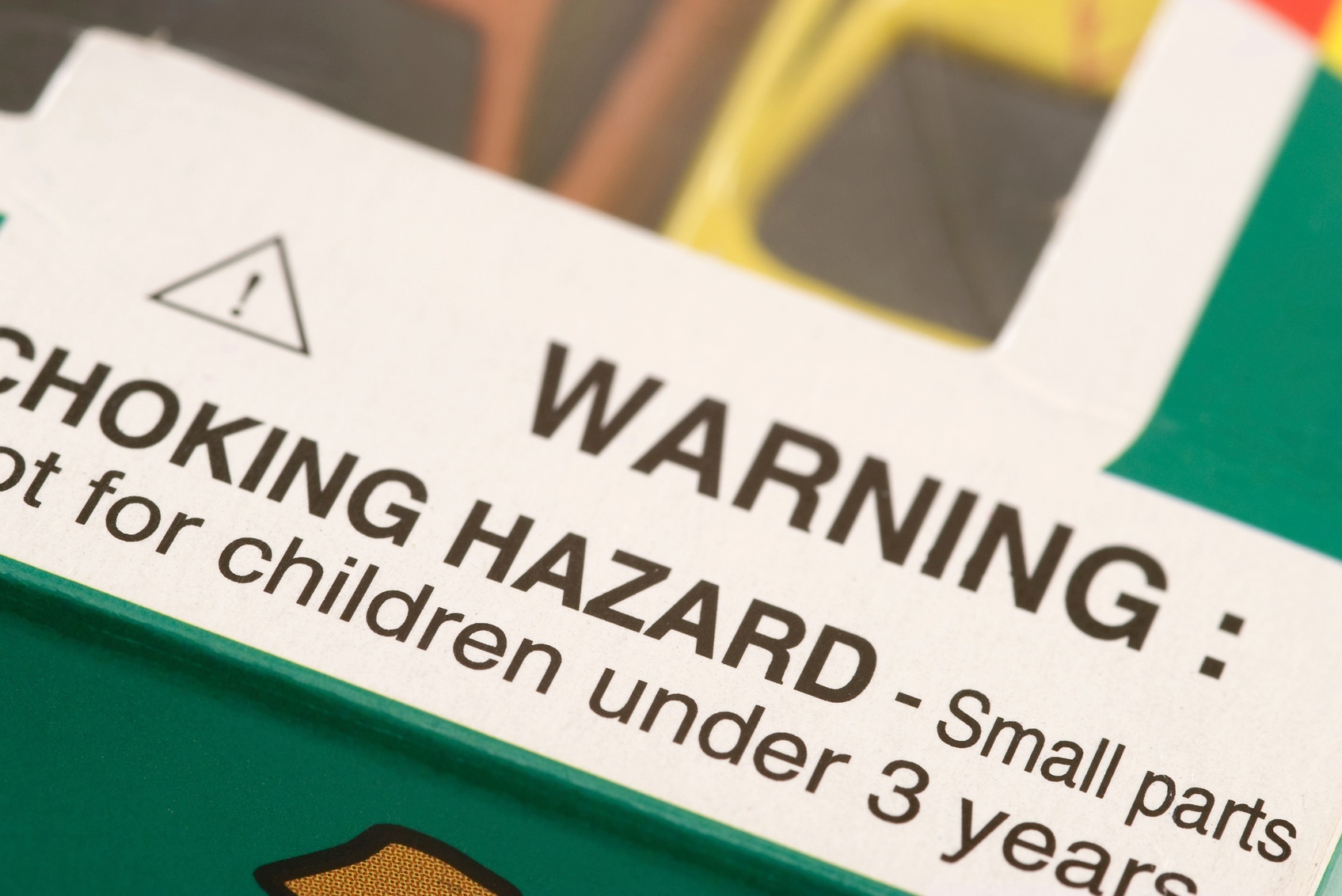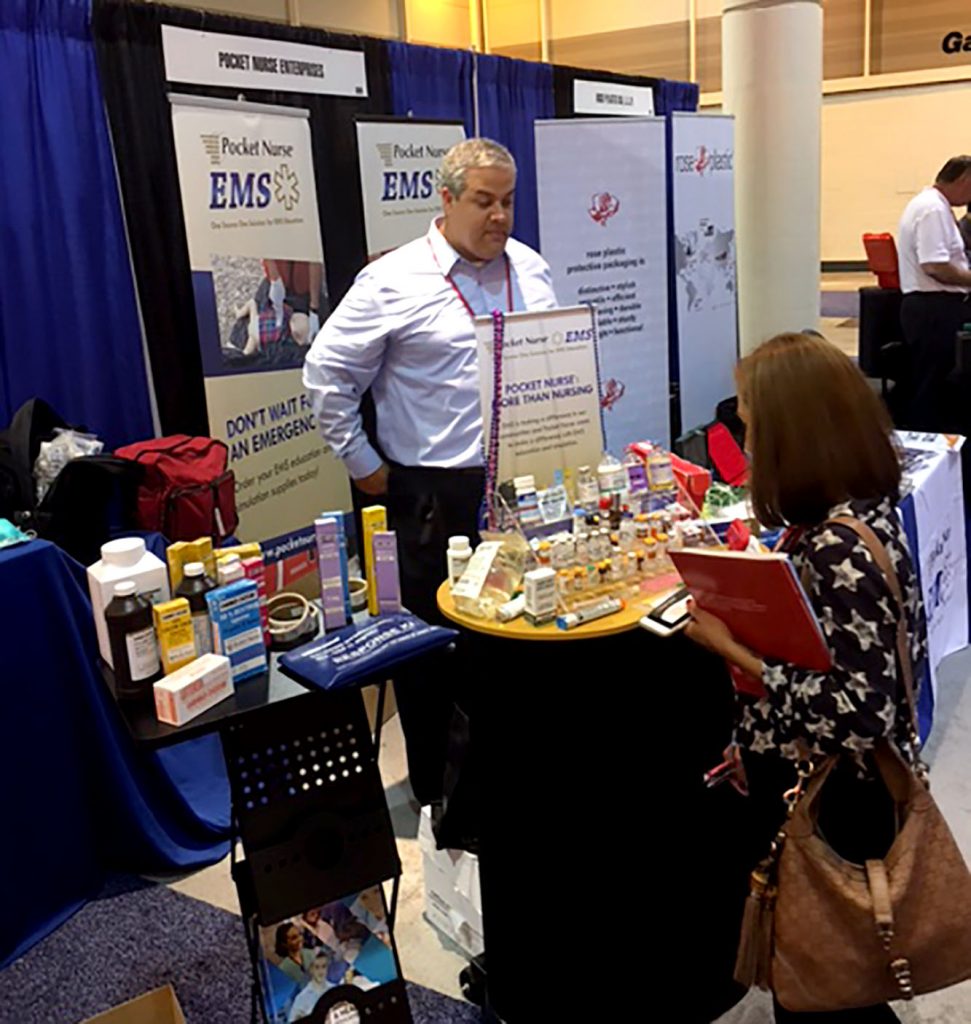
One major source of injury to healthcare workers is musculoskeletal disorders (MSDs). According to the Occupational Safety and Health Administration (OSHA), over 50 percent of injuries and illnesses reported in 2013 among nursing assistants were MSDs. The key to protecting workers is ...

Respiratory care for asthma, chronic obstructive pulmonary disease (COPD), pneumonia, and other lung diseases is an important component of nursing, physician, and EMS education. Lung disease is on the rise, with the number of estimated deaths from lung disease (not including lung cancer) about 235,000 annually.

Basic Life Support (BLS) protocol, which includes cardiac arrest, respiratory arrest, drowning, and foreign body airway obstruction (FBAO, or choking), is familiar to most healthcare providers, from first responders to certified school nurses. Even laypeople ...
![Featured post]()
Suzanne Butera, Executive Assistant at Pocket Nurse®, recently celebrated her three-year anniversary. Suzanne regularly collaborates with co-workers of varied age, education, and cultural backgrounds. This gives her a unique perspective in answering our employee survey.

EMSWorld Expo is not only an opportunity for faculty and students to learn about industry dynamics, but it also allows vendors and distributors to better understand challenges facing EMS programs. Getting this understanding is vital so that companies like Pocket Nurse can be part of the solution for EMS programs and careers.

By now, with the notorious pink explosion that October brings, most people are well aware of the prevalence of breast cancer. These pink attention grabbers are meant to serve as reminders to schedule doctor and mammogram appointments, perform self breast exams (SBEs), recognize survivors, and remember people who have lost their lives to this disease.

1. Simulation is a better way to teach. Rather than sit in a lecture hall with 100 other students, giving pharm tech students access to simulated medications teaches them what meds look like and how they are dispensed.

In healthcare settings, hand hygiene is the single most important measure for preventing the spread of infection. Healthcare-associated infections, including those caused by multi-drug-resistant organisms (MDRO), are a significant global problem and challenge within U.S. healthcare facilities in terms of morbidity, mortality, and cost. Antimicrobial ...













